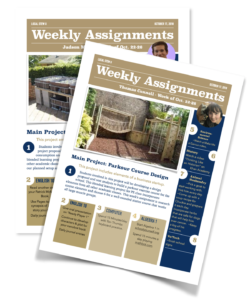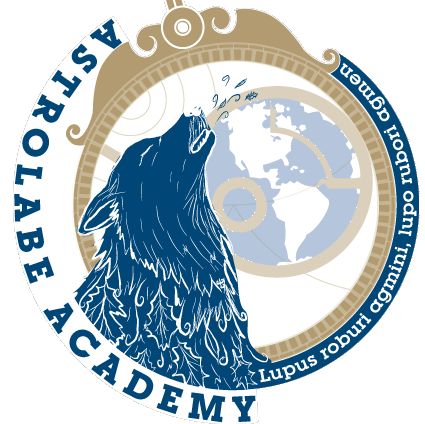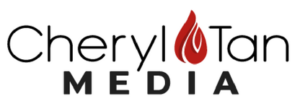It’s all about the label…
Frustrated…
You look for solutions and alternatives. For high school age students, the only choices all seem to follow the same type of academia. Worthwhile alternatives such as Waldorf, Montessori, and others are mostly non-existent at the high school level. Somewhere along the way, you discover us and our very unconventional, alternative method to education and you make the call.
But…
The most important question on your mind focuses on academics and how your child will learn what you feel is important—what the government and system has always told you was important—in our programs. What you ask and are looking for is “How will my child learn math?” Or, English, or Science, etc. Will they be ready for college? What about life?
You may not recognize it, but here at LSUHS, we do, indeed, have a heavy academic program. Ours leans hard into the sciences. In this experiential learning environment, ages, grades and academics all blend together for a more real-world experience. We do not compartmentalize, nor do we segregate. When your child goes out into the world, they will leave behind all of the “age appropriate” pretenses and compartmentalized thinking. They will work in environments with folks who are younger to folks who are much older than they are. And, unless they become a teacher, their work will not be divided into math, English or science. Our programs reflect this reality and prepare your child for it. With regard to traditional vs alternative education, we inadvertently did an experiment here that had some interesting results. I feel that the take away might be relevant in your quest for standard academia.
Challenges…
 One of the biggest challenges we face with our students who come from traditional schooling is time management. With a compartmentalized and controlling system, they simply do not know how to function in a world where they are not told what to do and when to do it. We have some tools to help them with this transition. Recently, we created a much stronger tool in the form of a weekly assignment sheet. It was to help the students with accountability, provide evidence of “academic” learning to the parents, and to aid in the assessment recording process in our office. This was no small task!
One of the biggest challenges we face with our students who come from traditional schooling is time management. With a compartmentalized and controlling system, they simply do not know how to function in a world where they are not told what to do and when to do it. We have some tools to help them with this transition. Recently, we created a much stronger tool in the form of a weekly assignment sheet. It was to help the students with accountability, provide evidence of “academic” learning to the parents, and to aid in the assessment recording process in our office. This was no small task!
The parents loved this. We got immediate and positive responses from the parents. But, guess what happened at school.
NOTHING.
It was fascinating how hard and fast we hit the brakes. Students suddenly had a hundred ways to avoid everything on the assignment sheet, even though it was exactly the same work they had been doing and enjoying. Because they were free to “manage” their school time, they were able to avoid a huge percentage of the work.
When we came up with the sheets, we knew there would be some balking. After all, we had just put an entire week’s worth of work in front of them and just let them go to manage it on their own. So, it was not surprising they would avoid it. We expected it, at least for the first week. But, the same behavior pervaded the second week. We met with students to discuss what had been done and formulate assessments at the end of each period as planned, and promised zero’s on all uncompleted work. A bit more work trickled in.
Heading into the third week (with the first week’s assignment sheet), I began to suspect that something more significant than lack of time management was at play here. So I had discussions with the students to try and root out the issue and was truly surprised by what I discovered. While time management is definitely a skill they will continue to need practice developing, it was something deeper that caused the unintentional work strike.
As part of the process to both ensure that the parents understood the academics being covered as well as to ease the task for staff to translate the work to a traditional grade book, we broke the tasks out by subject. For parents and staff, this was of great value, but for the students, it was a train wreck.
The mental barrier
A conversation with one student went right to the problem.
“I hate science.”
“What? Really? Science is all we do here and you seem to love it!”
I went through activities, lessons, and projects and asked him if he disliked any of those, even the short lectures we have had. He said, no. They were all things that he enjoyed very much. Another student chimed in and said the same thing. They were all nodding in agreement.
“Do you not realize that was all science?” I asked.
“Oh.”
“Really?”
“So, what is the science that you hate so much?”
“Well, science in school is a big fat textbook that we have to read and do some written assignments on and take stupid tests. Sometimes we get to experiment and that is fun.”
For them, science was sitting at a desk. It mostly involved reading. So, when I broke out the tasks by category, they saw the “label” science and the mental barrier went up. Some students love science despite the un-scientificness of it in school. But what I found was there are always one or several subject(s) they don’t like. Those mental barriers are there and have been reinforced for years. When they hate a subject, they really do hate it! So, once they saw the old, familiar, subject list, it was like old school and learning barriers came right back. And, it was universal among our small student body!
In response, we have redesigned the assignment sheet. The goal remains to give students some individual learning tasks and some projects that they must break down into tasks. They do not realize it, but they have input into that assignment sheet through that process. There will no longer be a subject breakdown as we do not teach that way to begin with. However, for parents who are interested and for staff, tasks will be color coded by subject so they can be graded and a transcript can be generated that matches what other academia expects.
We are looking forward to seeing if the new assignment sheets are a tool for improving time management and other skills.
Featured in:
Richmond Times Dispatch - "When a Farm is Your Classroom"
Goochland Gazette - "Local Farm School Making Move to Charles City"
Cheryl Tan Media Podcast 49: [Strategy] Re-engage Your Tribe
Richmond Magazine – Private School Report 2017
NBC12 – Farm-based high school offers alternative for students
Goochland Gazette - "A new view of school"
Educators Challenged to Increase Interest in Agriculture
[FBW]






